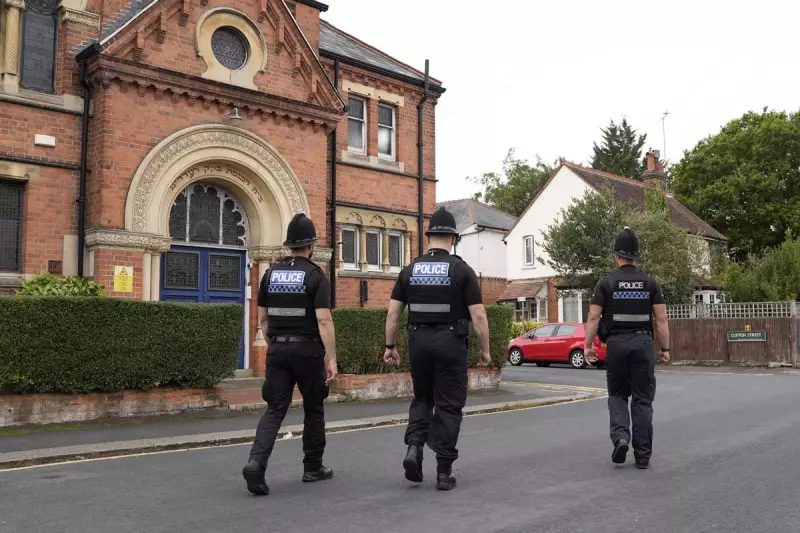
The Metropolitan Police finds itself at the centre of a brewing political storm after confirming officers questioned celebrated comedy writer Graham Linehan over his social media activity regarding transgender issues.
Labour's Shadow Minister for Policing, Sarah Jones, has demanded answers from Met Commissioner Sir Mark Rowley following revelations that the Father Ted co-creator was visited by police at his home. The incident has ignited fresh debate about police priorities and freedom of expression in Britain.
From Comedy Writer to Police Interview
Linehan, the mastermind behind beloved sitcoms including Father Ted and The IT Crowd, confirmed he was questioned under the Malicious Communications Act. The investigation reportedly concerned tweets and responses to tweets about gender identity matters.
"I was interviewed by the Metropolitan Police," Linehan stated, revealing the unexpected police attention directed at his online commentary. The writer has become increasingly vocal in gender-critical discussions in recent years.
Political Pressure Mounts on Met Chief
The situation has escalated to the highest levels of police oversight, with Shadow Policing Minister Sarah Jones writing directly to Commissioner Rowley. In her letter, Jones pressed for clarification on whether the case represents appropriate use of police resources.
"I would be grateful if you could set out the justification for this investigation and whether you consider this a proportionate use of police time," Jones wrote, highlighting concerns about balancing free speech with online protection.
Broader Implications for Free Speech
This case emerges against a backdrop of intense national conversation about the boundaries of free expression, particularly concerning gender identity debates. The police involvement in what many see as political speech has raised eyebrows across the political spectrum.
Linehan's treatment has become a flashpoint in the ongoing tension between protecting marginalised groups and safeguarding democratic discourse. Critics argue that police intervention in such matters could have a chilling effect on public debate.
The Metropolitan Police now faces increasing scrutiny over its handling of speech-related cases, with many questioning whether Britain's largest police force is striking the right balance between combating genuine harassment and protecting fundamental rights.





